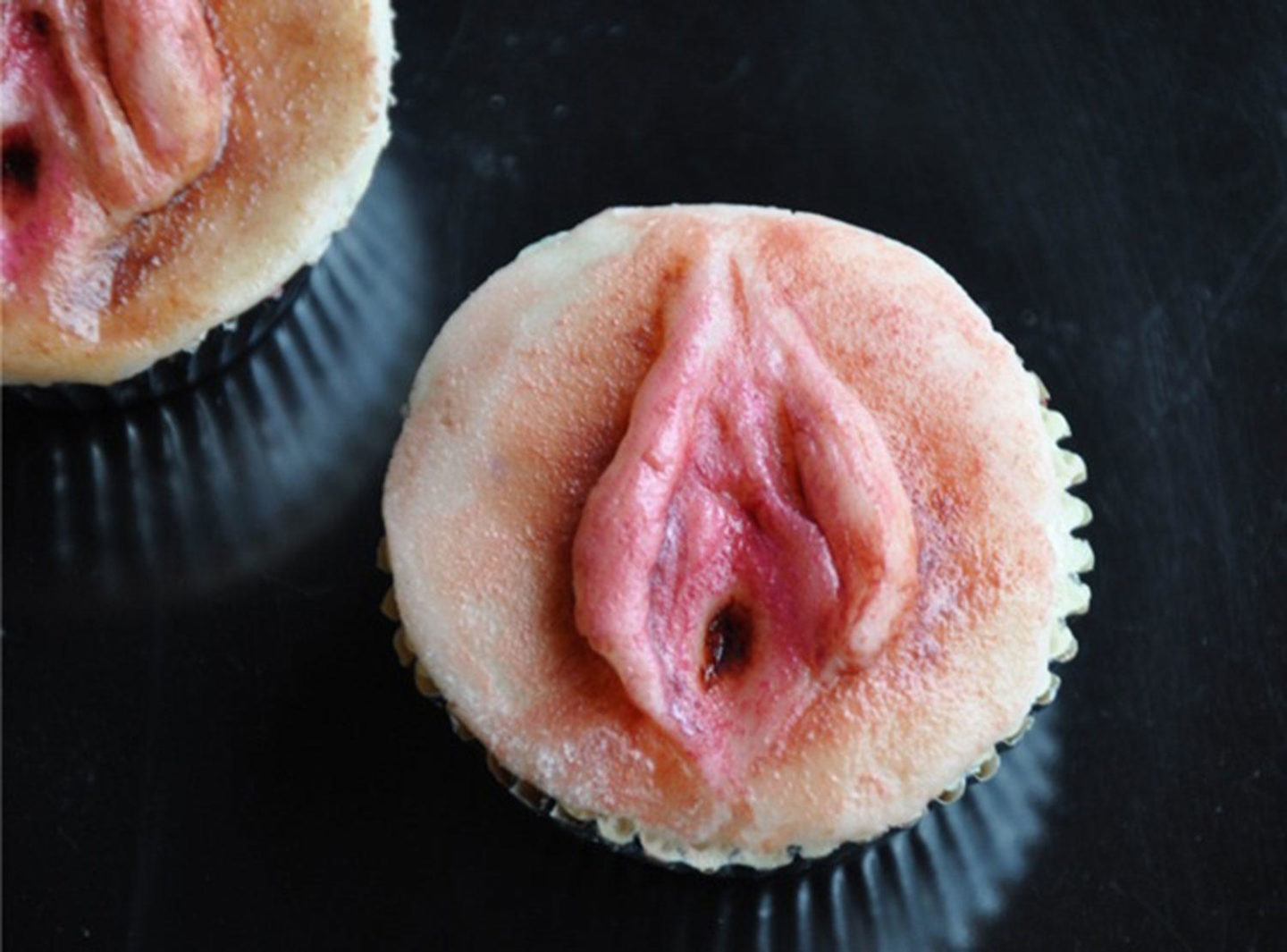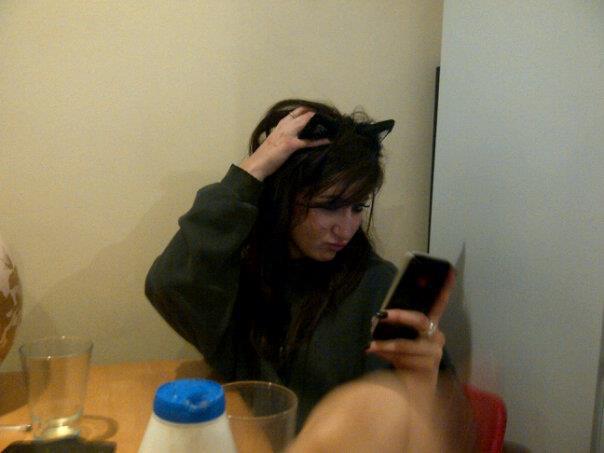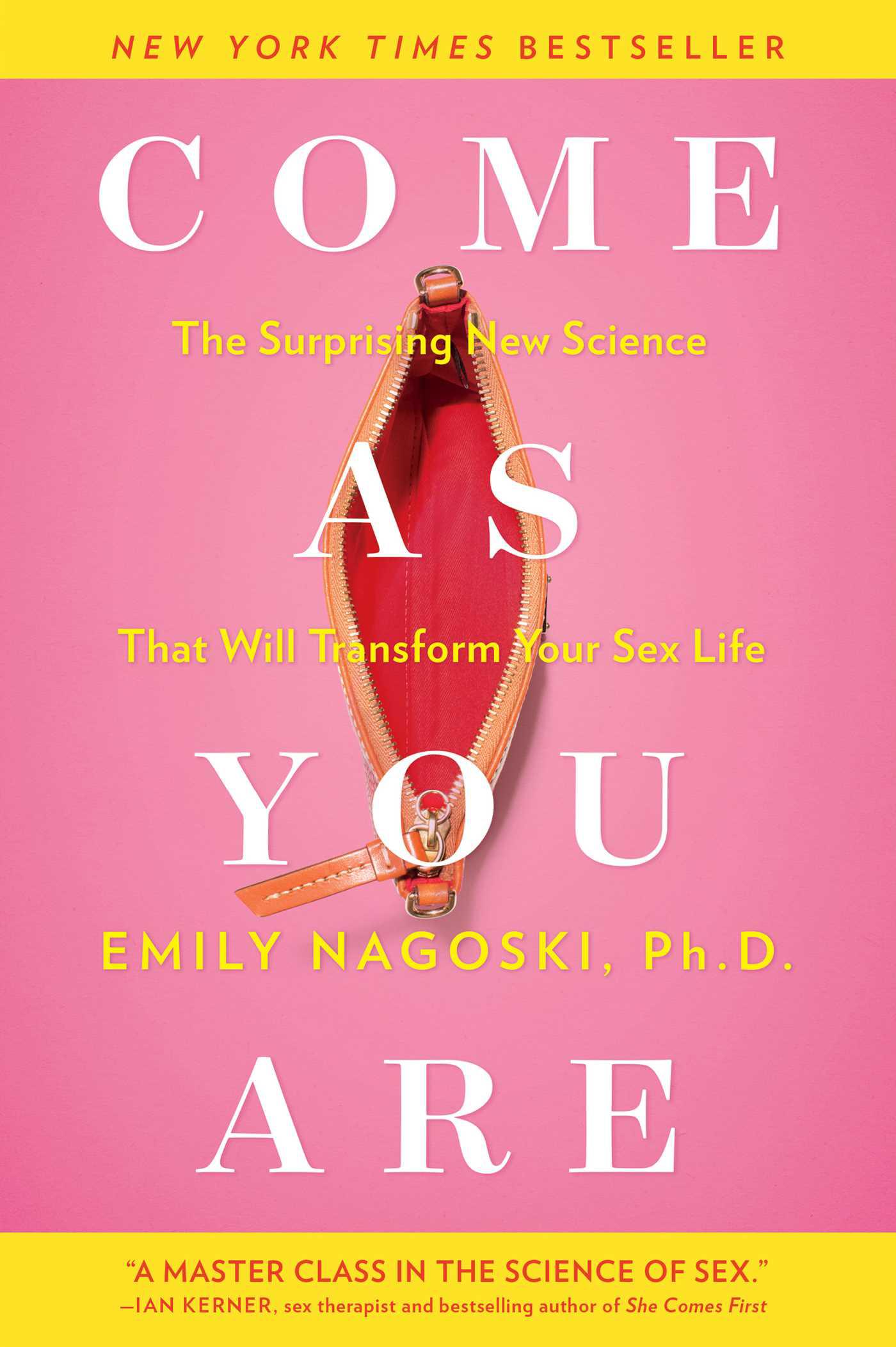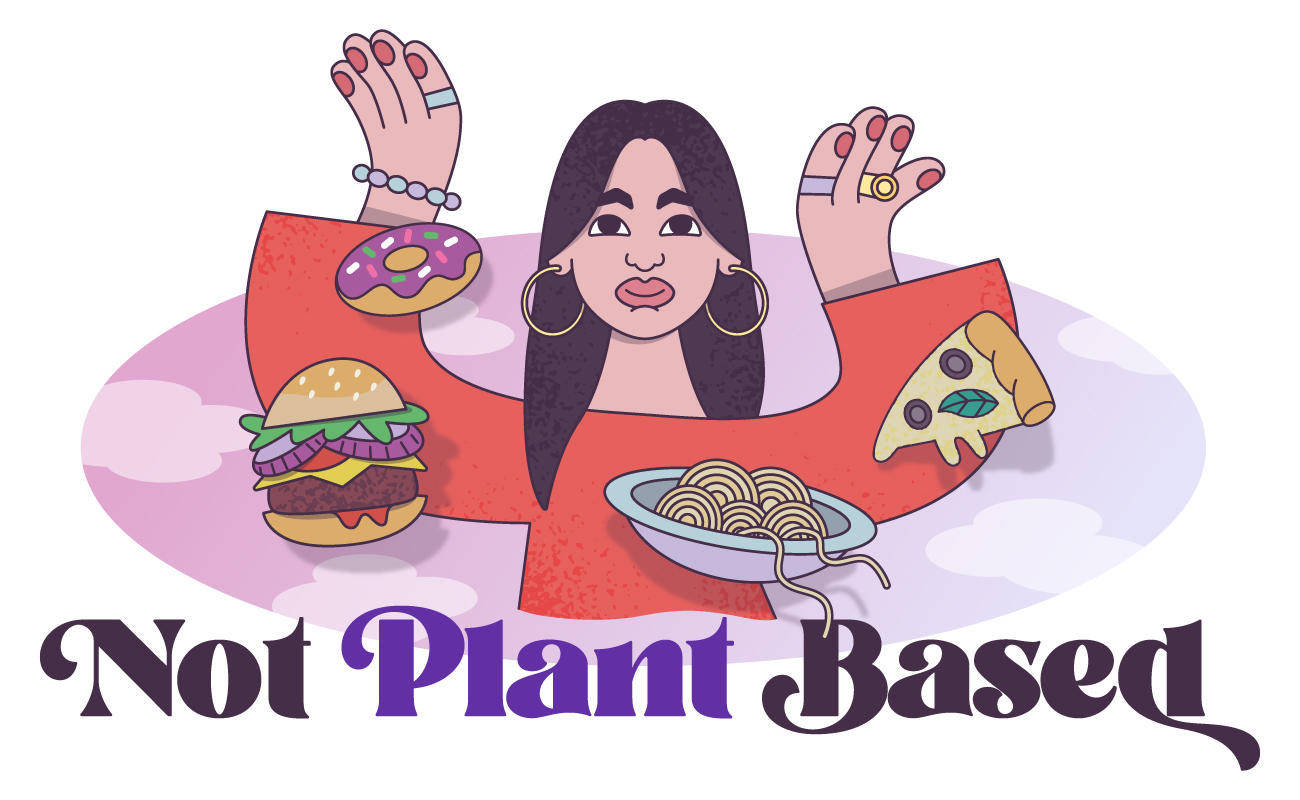
I read a book on holiday this year. It was by an author and sex therapist unbeknownst to me – Emily Nagoski – but was without doubt, the single most life-changing book I have ever read. Hence, ‘Come As You Are’, has directed the majority of my conversations with female friends, colleagues and family members ever since I put the bloody thing down. Sorry girls, but this shit is designed for spreading.
Emily Nagoski authors a blog called, The Dirty Normal; Better Sex Powered By Science, in which she addresses societal myths in relation to sex, women’s bodies and diet (among other issues), and uses the wonderful weapon of science to fight beliefs based on ingrained patriarchy. Given her PhD in health behaviour and “doctoral concentration” in human sexuality, Emily’s book largely centres around sex, and within that; why on earth women have been putting up with sub-standard nookie for as long as we can remember. I began reading the book as a welcomed break from usual my eating disorder themed literature, but I only got a couple of chapters through before realising that, of course, sex and body confidence exist in the same conversation. Before I met my boyfriend (and developed an eating disorder), I’d been subjected to some unimaginably shit sex. Imagine you’ve hopped aboard a badly engineered bucking bronco, coupled with the incessant jabbing of a pathetic finger-pointer. You can hardly feel its presence, but even the idea of its existence is enough to irritate you. Well, for the best part of four years, that was the total sum of my sex life. It was made worse, of course, by the fact that I was always so horrendously ashamed of my body, that as soon as the schmoozing stopped and the shit went down, my main focus became shielding my potential suitor (aka Adidas-wearing dude that I brought home from Oceana), from my protruding stomach and cellulite dimples. Little did I know know that, once men have established easy access to a vagina, there’s little chance they’re paying attention to anything else.
“IT WASN’T UNTIL I WAS HANDED THIS BOOK
THAT I CONCLUDED THAT YES, I AM NORMAL”
I know what you’re thinking. ‘Eve – what the hell does your gin-fuelled jollies have anything to do with body positivity or eating disorder recovery?’ – but bare with me. What was most interesting to me, was that it wasn’t during my sexual escapades with neanderthal men who could barely remember my name – let alone tell me I was beautiful – that I developed an eating disorder. On the contrary, it was in the midst of a loving, committed relationship with someone who reminded me daily of his appreciation for both my body AND My brain. I guess what I’m trying to say is: women’s self esteem issues and perceived sexual inadequacies exist long before any man gets involved. Emily’s book revealed to me the fucked up ways in which the ingrained patriarchy had not only played a mammoth role in destroying my relationship with food – but had also resulted in an unprecedented amount of unsatisfying sex.
My overwhelming desire to be “normal” has plagued my life. The terror that accompanied “difference” or “inadequacies” was what fuelled my anxieties about gaining weight and ultimately, resulted in my tumble into anorexia. This “oh no, am I normal?” anxiety also applied to my thoughts about sex. Why wasn’t I having as much sex as my friends? Was I doing it right? Why wasn’t I enjoying it as much as my friends supposedly did? Was I supposed to orgasm every time? SURELY IT’S NOT SUPPOSED TO HURT THIS MUCH?! e.t.c e.tc… It’s only since having Emily’s bible passed to me from a dear, dear (sexually encouraging) friend, that I’ve discovered the answers to all my sex questions and ultimately concluded that, yes, I am in fact normal – and you are too. As I’m the generous type, I felt it wholly necessary to share my education with you lot and have whittled 400 pages into short, internet-friendly nuggets of pure, informative gold.
 *Unsurprisingly, there’s no sex-themed pictures that are appropriate for this post, so instead here’s a picture of my drunken sex face.
*Unsurprisingly, there’s no sex-themed pictures that are appropriate for this post, so instead here’s a picture of my drunken sex face.
1. Your ‘ broken hymen’ isn’t a thing
This legit blew my mind. First off, did you know that you might not even have one? According to Emily, “You may or may not have a hymen – a thin membrane along the lower edge of your vaginal opening.” I KNOW, RIGHT. But wait – it gets better. Whilst it’s true that the stretching of the hymen during sex can cause pain, it has nothing whatsoever to do with anything “breaking” or bleeding. In fact, “any blood with first penetration is most likely due to general vaginal tearing from lack of lubrication, rather than damage to the hymen.” Sure, it might bruise or tear, but the idea that it snaps in half mid-horse riding lesson/whilst popping your cherry is, frankly, total bullshit. Here’s the most depressing thing: PEOPLE MADE THE HYMEN THING UP AS A WAY OF CONTROLLING WOMEN. In Emily’s words; “here is an organ with no biological function, and yet Western culture made up a powerful story about the hymen a long time ago which has nothing to do with biology and everything to do with controlling women.
“Culture saw a ‘barrier’ at the mouth of the vagina and decided it was a mark of ‘virginity’. An idea invented in a society where women were literally property and their vaginas their most valuable real estate.” Hence, in some oppressive cultures, women and girls are actually physically punished for not having a hymen – despite the fact that there’s literally no reason for them to exist whatsoever (much like men’s nipples). So, next time someone recalls the time they “broke” their hymen; kindly slap them on the back of the head and inform them that their ingrained beliefs are perpetuating gender inequality and what they actually experienced was probably just a casual scratch of the vaginal walls. Then, hand them a copy of Emily’s book.
2. “Wet” doesn’t always mean turned on
..and vice versa. Emily explains (using much more impressive scientific terms than I will) that finding oneself “wet”, or in the case of men, “hard”, isn’t an automatic sign that one is, er, raring to go. In fact, a lubricated area, hardness of nipples or even an erect penis is merely an indication that your brain has recognised that something related to sex is happening, rather than a sign that you WANT it to happen. To explain the phenomenon, Emily uses a somewhat shocking anecdote involving one dude and one disgusting rapist. It goes like this; man and friend are sleeping in the same room, with a girl who friend brought back from a club after a drunken night out. Man wakes up in the middle of the night to find his ‘friend’ forcing sex on the girl who is pretty much unconscious. “Friend” then encourages man to join in. Whatta gem. Bizarrely, although the man was obviously horrified at what his ‘friend’s’ actions, he was visibly ‘aroused’. I.e he had an erection. In the years following the event, the man *(with the erection), remained traumatised by, not only what he’d witnessed, but also by the uncontrollable, nonsensical nature of his own body. Obviously he was just as horrified and disgusted at his friend for raping a girl as anyone else would be – and he couldn’t understand why his body was telling him something different. Turns out, what was going on was “expecting” as opposed to “eagerness” or “enjoying”. As Emily says, “genital response doesn’t mean anything but sexually relevant – essentially a conditioned reflex”. The same applies the other way round too – most commonly with women, named by Emily as “Lubrication Error #2”. The scientist explains that the idea that women’s genitals can tell us more about how she feels than her words can is a myth, constantly reinforced by the messages of our patriarchal society (50 Shades of Grey, I’m looking at you). In other words, don’t panic if nothing happens down there – it means literally nothing about your appetite for sex. Partners: Listen to her WORDS. Oh, and buy some lube.
3. Orgasm is only considered as the goal of sex because it’s easy for men to do
Let’s be honest girls, achieving orgasm through penetrative sex isn’t the exactly the easiest of goals. I don’t know about you, but he has to be practically fucking finger painting down there in order for me to get my goodies mid-thrust. So, when Emily told me that women weren’t actually biologically designed to orgasm when a penis goes into them, I was – ironically – pretty orgasmic. Here lies another example of the ‘man as normal’/ ‘men as priority’ complex that has shaped how we view our bodies – and our minds. Essentially, it’s very physiologically easy for men to cum that culture assumes that the same applies to women – hence being sold as some sort of collaborative pot of gold. Biologically speaking, the female orgasm doesn’t have much of a role to play (unlike men’s), it’s sort of like an unexpected bonus at the end of the month. Probably your body’s way of rewarding you for all the years of having a foul-smelling sausage pummelled into you, imo. In all of Emily’s years of encountering women with sexual problems, the topic of orgasm came up A LOT. But it doesn’t have to be a problem – if you accept who you are (I.e a normal woman) and take the time with your partner to explore what works for BOTH your bodies. Men; don’t expect women to cum from sex – they’re not designed to. Get those fingers/vibrators/mouths going instead, or, as well as – and she’ll be eternally grateful. Trust me.

4. FUCK OFF WOMEN’S MAGAZINES: THERE’S ONLY ONE TYPE OF ORGASM
A little game, if you will. Which of the following headlines are false? “ANAL ORGASMS ARE POSSIBLE AND GREAT!” “HOW TO HAVE CLITORAL AND VAGINAL ORGASMS!” “YOUR FIRST CLASS TICKET TO G-SPOT ORGASMS!” “DISCOVER BLENDED ORGASMS!” Whilst the promise of ‘blended orgasms’ may sound enchanting, it’s – of course – not a real thing. Obviously, NONE of these magazine cover-lines are factually correct as (sorry girls) there is no such thing as different ‘types’ of orgasm. “There’s just the sudden release of sexual tension, generated in different ways,” says Emily. The ‘kind’ of feeling you have might differ depending on which area has been stimulated, however a difference in feeling could be down to a million and one other things too – i.e who it’s with, your body temperature, how you feel about your body e.t.c. Think of it like this; does each poo you take feel exactly the same as the one before? Probably not. Similarly, lots of different things can make you poo – but at the end of the day, it all culminates in the same result. So, there you have it; achieving climax is your sexuality’s way of squeezing out one, gigantic poo. Probably don’t mention that one on a date.
5. “Improving your body” won’t improve your sex life.
I should’t have to tell you at this point, that your body does not need to go under any change whatsoever in order to be worthy of worship. But, for those who may need reminding, Emily has a great metaphor for you. Consider the first day you were born. How did you feel about all the parts of your body that you would like to change? “On the day we are born,” Emily begins, “every caregiver is bursting with the need to show you nothing but affection and joy. Most us are are celebrated and called beautiful.” But in between the messages of innate beauty and the present day, are decades whereby the messages we are told (by strangers) are “what is not love-able about our body.
“The seeds of body self-criticism are planted and nurtured and self-confidence and self-compassion are neglected, punished and weeded-out.” Emily points out a review study of 57 different research papers, which were completed over two decades, showing very clearly that what you feel about your own body has a significant effect on just about every aspect of sexual behaviour. Even if you think your body hang-ups aren’t having a negative impact on your sex life – they probably still are. Emily describes everyone’s sexual appetite in the context of the ‘brakes’ and the ‘accelerator’. Some of us have very sensitive brakes, in that it doesn’t take much to put us off the idea of sex. Others have a very sensitive accelerator, whereby it doesn’t take much sexual stimuli to be all systems go. For all of us, a very common ‘brake-hitter’ is the physiological and psychological experience of stress. When you engage in self-criticism, your body and mind are instantly transported into a state of stress. Stress = brakes = no/bad sex. Also, if you’re so engaged with the elements of your body you don’t like during sex, you’re less likely to be paying attention to the minor sensations in your own and your partner’s bodies that intensify your sexual experience – and make you cum. So, stop hatin’ on yourself – if not for your own mental health, for the potential orgasms.
6. Weight tells us nothing about a person’s health.
I recently explored this one in significant detail, but thought I would re-iterate here, in the context of sex. As discussed, we know that a pre-occupation with self-criticism will most likely have the effect of a water bomb, splattered all over your sex life, One can self-criticise based on a number of different factors – how we look being perhaps the most common. But what if – despite the fat-shaming bastards – you’ve somehow managed to make peace with the way you look and are now, instead, plagued with the pressure of improving your “health”. You might not be so focused on the way you look in the mirror, but that little critical voice is still very much there – and has even more legs given the punishment is for “health” reasons. Well, let me tell you this; “weight alone tells us almost nothing about a person’s health.
“The research is painfully clear, though plenty of people have a hard time accepting it – weight is nothing more than just a measure of gravity.” Unless you are told by a medical professional that a lower body weight would help improve a specific health condition, there is nothing to suggest that being a lower weight will make you healthier. Instead, take the approach of Health At Every Size; accept your size as it is today; trust yourself and your body; adopt healthy lifestyle habits (i.e walk a bit; go outside and eat a varied diet) and embrace size diversity. The more you tell yourself you are perfect as you are, the more you’ll “stop cultivating the self-critical weeds” and eventually, be happier and healthier. Oh, and have much better sex.
Buy your copy of Come as You Are, by Emily Nagoski here.



